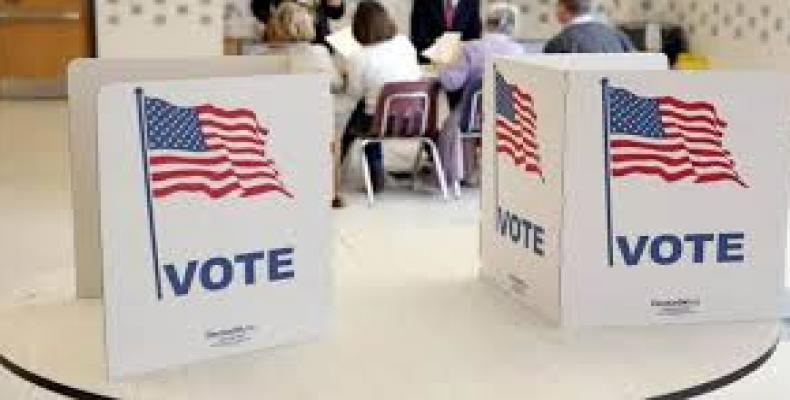
The November 3rd presidential and congressional elections in the United States are in the final stretch amid much uncertainty, both about the final results and the attitude of the president and candidate for re-election, Donald Trump. What will happen if the vote doesn't go his way?... More

This Wednesday, millions of people around the planet are celebrating the International Day of Creole, or Kreyol, instituted to highlight the importance of this language born from the merging of different cultures during the bitter era of colonialism and the slave trade in the Americas.... More
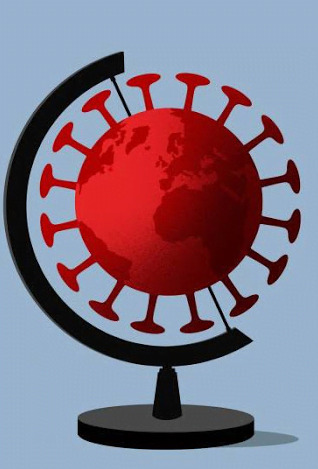
Apart from COVID-19's high human and health costs, the pandemic has brought about a series of economic disruptions worldwide, most notably an uncontrolled increase in debt, for both countries and the business sector.... More
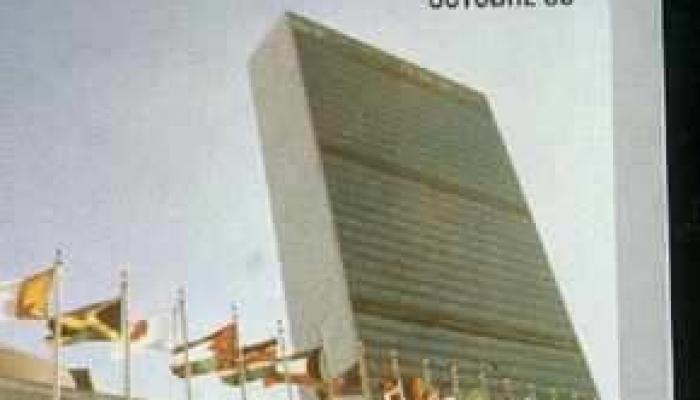
A new sign of the erratic international policy of the current U.S. administration is that they did not celebrate the 75th anniversary of the United Nations on October 24th.... More
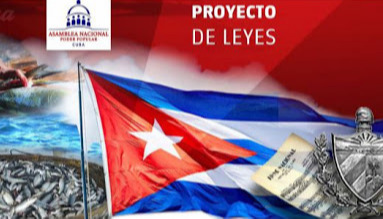
Next Wednesday, October 28th, the Cuban National Assembly will decide on four important bills that seek to strengthen the country's institutional mechanisms.... More
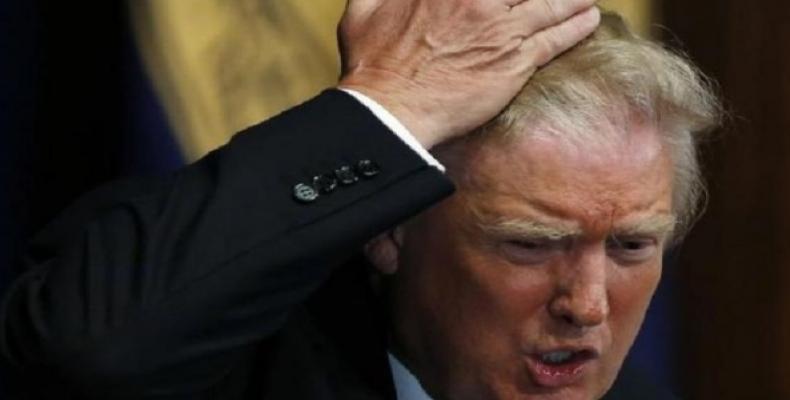
U.S. President Donald Trump would very much like each day of the next two weeks to be at least 48 hours long, so that he can bridge the gap with his opponent, Joe Biden, in his desperate race to stay in the White House.... More
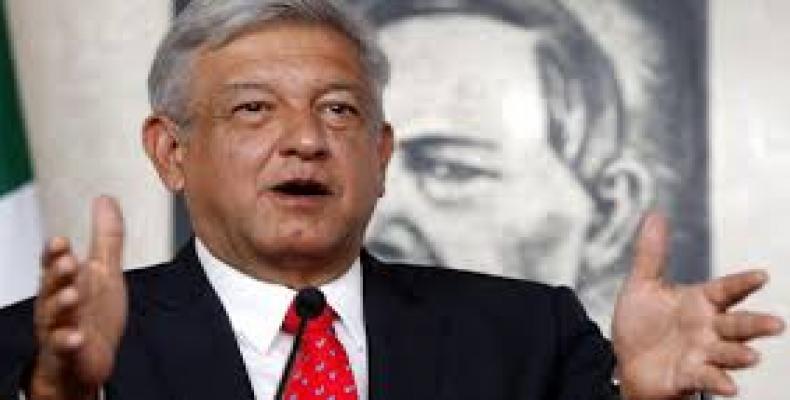
In his book "La Salida," written before winning the 2018 presidential elections in Mexico, Andrés Manuel López Obrador describes corruption as the most serious obstacle to get that country out of the economic and social crisis it is suffering.... More
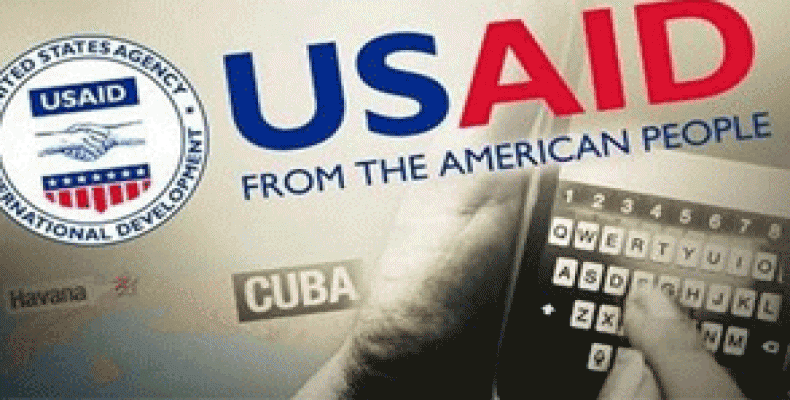
Under the suggestive name of the "United States Agency for International Development" are hidden intentions to subvert the constitutional order in sovereign and independent nations.... More
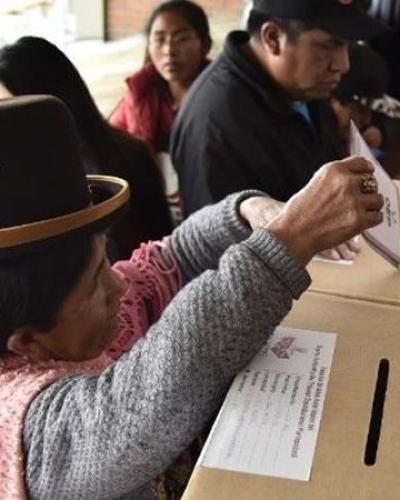
With only a few days before Bolivia's presidential and legislative elections, to be held on Sunday, October 18th, there are constant doubts and fears about a massive fraud in progress, aimed at preventing the triumph of the candidates of the Movement for Socialism, MAS.... More

White women in the United States had to wait more than a century -- from the time the Constitution was written in 1789 until the 19th Amendment was passed in 1920 -- to have the right to go to the polls and elect their presidents, although this opportunity came earlier in a few places of that country.... More
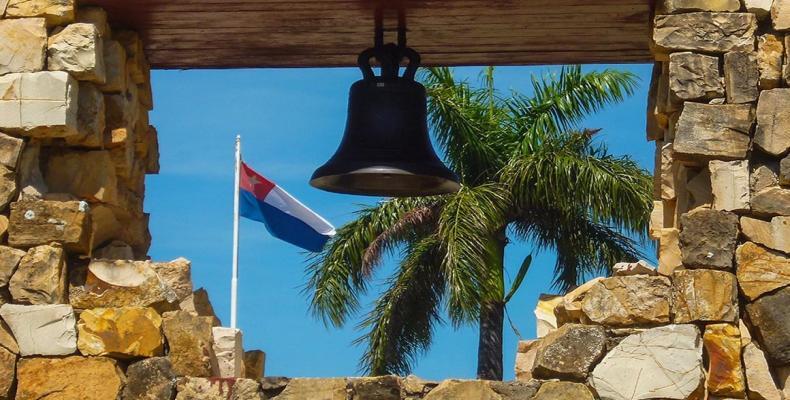
One hundred and fifty-two years ago, the flame of liberty was lit in the Cuban people, mainly in the rural areas, and that spirit still lingers today, when freedom and sovereignty are accomplished goals, but we are all ready to defend our earned independence and the right to follow the path we’ve chosen.... More

Thousands of Hondurans left their country in a caravan with the illusion of reaching the United States, where they might find opportunities missing in their homeland. However, their hopes were dashed when Guatemala became an impassable barrier to their passage.... More
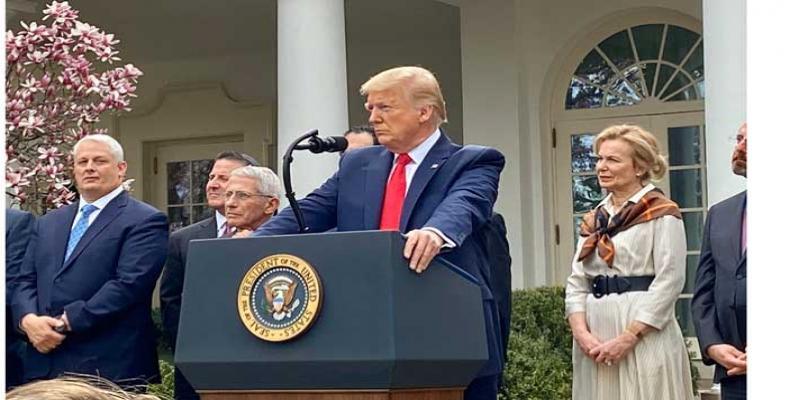
With only one month to go before the U.S. presidential elections -- when the House of Representatives and one-third of the Senate will also be up for grabs -- surprises still arise from the current race for the presidency in the United States. This is the most unusual, tangled and difficult election in that country's modern history. ... More
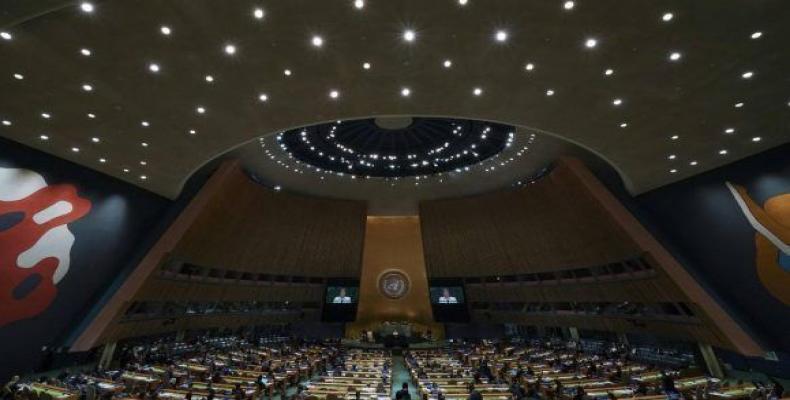
The name of Cuba has been persistently heard in the 75th Session of the United Nations. Many heads of State and Government have expressed their rejection of the criminal blockade of the United States against Cuba. Likewise, they have recognized that this aggressive and obsolete policy they deplore, has intensified, even in the midst of the coronavirus pandemic.... More
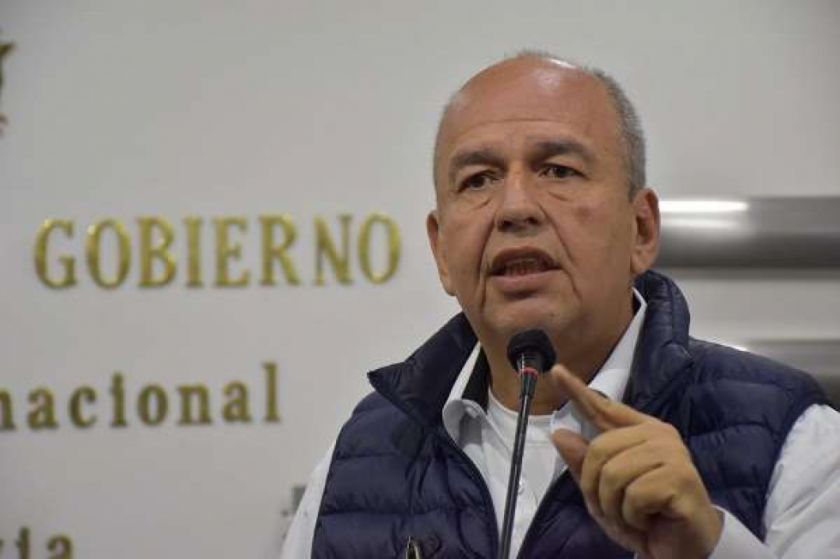
The influential Bolivian Minister of Government, Arturo Murillo, recently traveled to the United States, raising many questions, given his crucial role in the de-facto government.... More
More Views
- Venezuela denounces that El Salvador violates international law by kidnapping migrants
- Cuba Denounces U.S. for Denying Visa to Volleyball Team
- Cuba commemorates 25th anniversary of Elián's return home
- New study shows nearly 100,000 Palestinians killed in Israeli genocidal aggression against Gaza
- Statement by the Cuban Ministry of Foreign Affairs: Cuba does not recognize any authority of the Organization of American States

